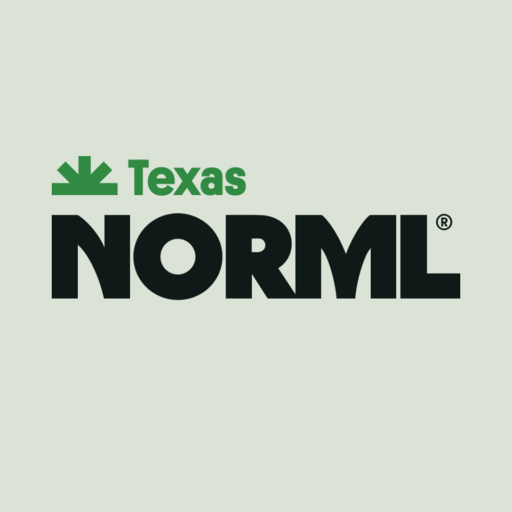1915El Paso Ban
El Paso was the first American city to individually restrict cannabis.
1919Sale Restricted
In 1919, transfer of cannabis for non-medical use was made a misdemeanor crime. Possession remained legal.
1931Statewide Prohibition
Possession of cannabis was banned statewide in 1931.
1973HB 447
In June 1973, House Bill 447 was signed into law. Prior to its passage, possession of any amount of cannabis in Texas was a felony offense punishable with up to life in prison. HB 447 made possession of up to two ounces a class B misdemeanor, punishable by a $1000 fine and prison sentence of no more than 180 days.
2007HB 2391
In June 2007, House Bill 2391 allowed police to "cite and release" for possession of up to 4 oz. of cannabis. The same harsh penalties still applied, but the offender was not immediately arrested.
2015SB 339
In June 2015, Senate Bill 339 (the Texas Compassionate Use Act) allowed the use of low-THC (less than 0.5% THC) cannabis oil for treatment of a specific subset of epilepsy patients, if other qualifying conditions were met.
2019HB 63
In April 2019, the Texas House of Representatives approved House Bill 63, intended to make possession of up to one ounce a Class C (rather than a Class B) misdemeanor. This would have eliminated the threat of jail time and reduced the fine to $500. Lt. Governor Dan Patrick refused to allow Texas Senators a vote on it.
2019HB 1325
In June 2019, House Bill 1325 legalized the cultivation of industrial hemp containing less than 0.3% THC. It also legalized possession and sale of hemp-derived CBD products without need for a doctor's approval.
2019HB 3703
In June 2019, House Bill 3703 increased the number of qualifying conditions eligible for treatment under the state's low-THC medical cannabis program by adding terminal cancer, autism, multiple sclerosis, amyotrophic lateral sclerosis (ALS), seizure disorders, and incurable neurological disorders such as Alzheimer's, Parkinson's, and Huntington's Disease.

